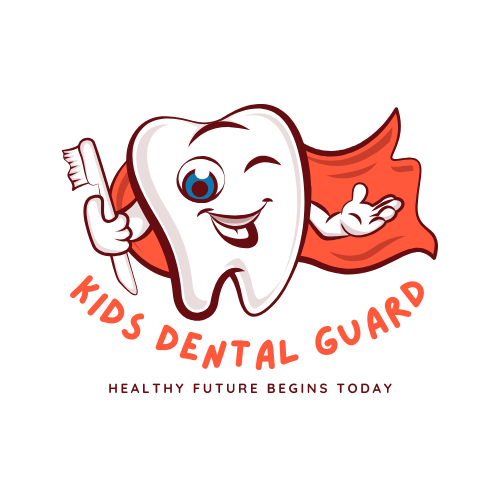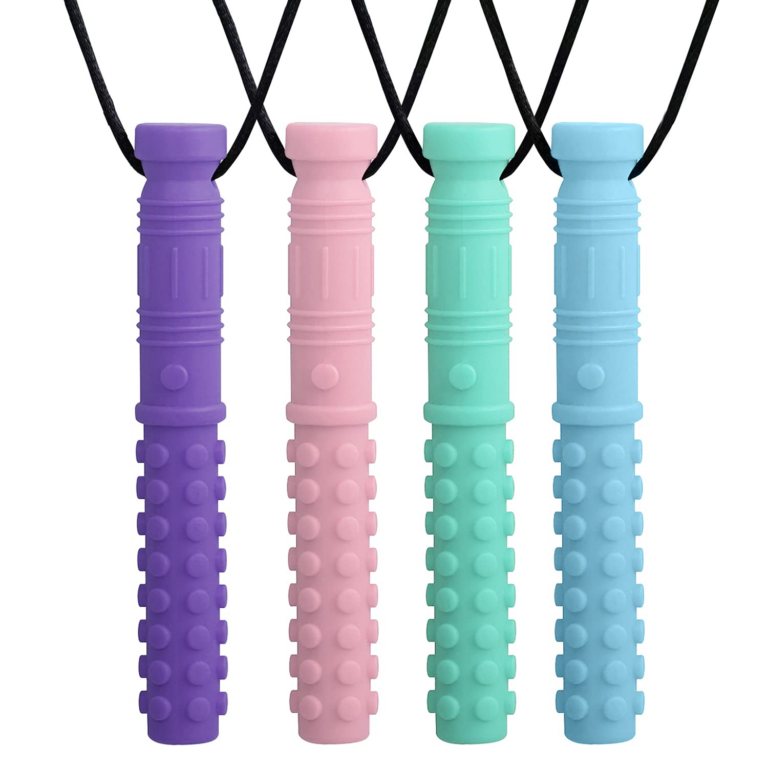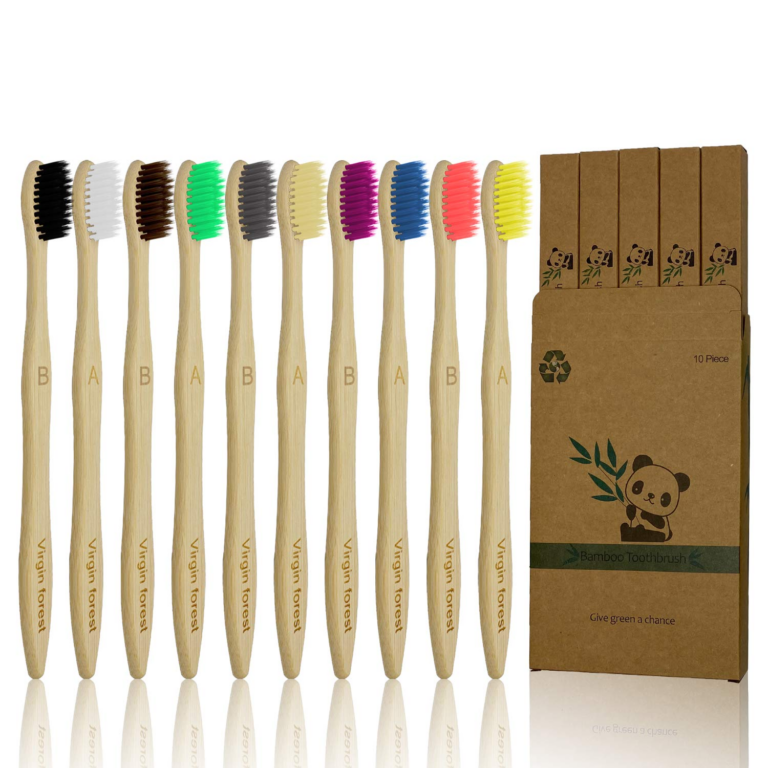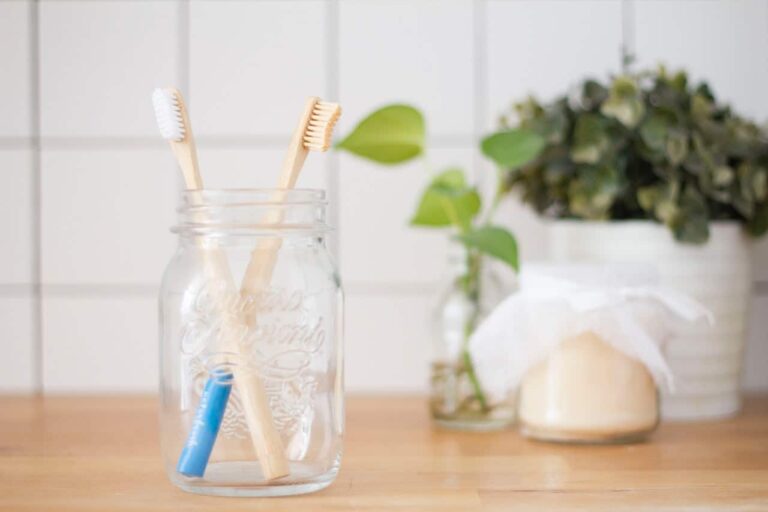7 Common Oral Health Problems in Children
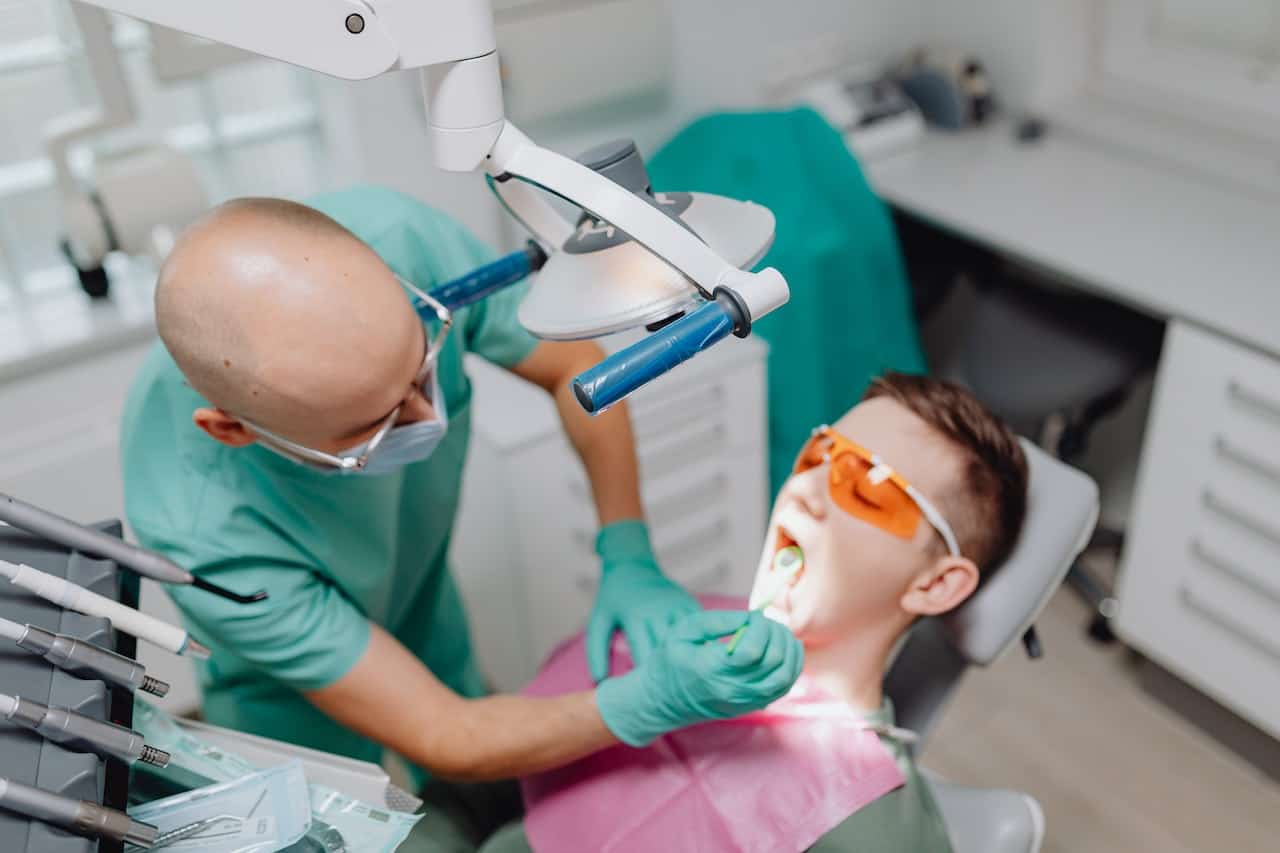
It all starts with, “Ouch, my tooth hurts badly!”
And the next day, you get the bill of $1500 from your dentist for some minor issue.
Dental issues are no joke. Especially with children, since they are more susceptible to cavities. If not taken care of on time, it can take the form of harmful dental issues like periodontitis, gingivitis, or in the worst cases, complete pulling of a tooth.
So, one question that surrounds every parent’s mind is, “Could We Avoid This?”
The answer is Yes!
With simple precaution and a pinch of home remedies, you can avoid minor dental issues with your children and save their precious smiles.
This blog has covered the top common oral health problems that children face and some popular home remedies to avoid these issues. We have also listed when the dental issue is an emergency and need a dentist’s suggestion.
So let’s get started.
7 Common Oral Health Problems in Children
#1. Tooth Decay or Cavities
Cavities, also known as tooth decay, are caused by several reasons. This includes germs in the mouth, frequent eating, drinking sugary drinks, and not cleaning the teeth thoroughly.
More than 80{ac2a009b1ab48831539664612c3590d3a3d8d03cf5106270341ad20ec3b355a9} of Americans have at least one cavity; most of them are kids.
Cavities that aren’t addressed become larger and harm deeper layers of your child’s teeth. They can result in much pain, infection, or worse tooth loss.
Cavities and dental decay are two of the most frequent health issues worldwide. Children, teens, and elderly persons are more sensitive to them.
Following are some symptoms to detect tooth decay or cavities early.
- Sensitive teeth.
- Tooth surface that looks like brown, black stains.
- When your kid eats or drinks something sweet, spicy, or cold, and complains about mild to severe pain in the teeth.
- If you notice their teeth, there will be visible holes or pits all over their mouths.
#2. Gum Disease
Gum disease, also known as periodontitis or periodontal disease, begins with bacterial development in your kid’s mouth. It can lead to tooth loss at an early age due to damage to the teeth’ tissue.
The primary reason behind gum diseases such as gingivitis or periodontitis is poor dental hygiene. Brushing your kid’s teeth at least twice a day, flossing every day, and seeing your dentist regularly can help your kid reduce the risk of gum diseases.
In its later stages, gum disease can cause irritation, bleeding gums, painful chewing issues, and even tooth loss.
Gum disease can get detected by the following symptoms:
- Bad breath that won’t go away.
- Red or swollen gums.
- Tender or bleeding gums.
- Painful chewing.
- Loose teeth.
#3. Bad Breath
It’s also known as ‘fetor oris’ or halitosis. Bad breath can cause concern, humiliation, and anxiety, but it is pretty simple to treat.
Breath problems are a regular occurrence. It may affect anybody.
If not treated on time, they can lead to severe psychological suffering in children. There are several possible causes and therapies for this condition. Reports state that 1 out of every four kids suffers from bad breath issues.
The cause of bad breath can range from various meals and hidden health issues. Good dental hygiene can help your kid get rid of bad breath in many circumstances. If essential self-care treatments don’t work, consult your dentist or physician to ensure your kid’s bad breath isn’t caused by underlying conditions.
Following are some symptoms that indicate your kid has a bad breath problem.
- The specific odor of breath can vary depending on the cause of the problem.
- If no one is available, one way of checking the odor is to tell your child to lick their wrist, leave it dry, and then smell it. A foul smell on this wrist area is likely to suggest that your child has halitosis.
#4. Teeth Sensitivity
If your kid avoids hot or cold drinks because they are complaining that it hurts their teeth, it’s time to consult your dentist about the potential of having sensitive teeth. Other factors, such as sweet and sour meals, or even cold air, might irritate them.
Specific actions, such as brushing, eating, and drinking, might produce severe, short discomfort in your kid’s teeth if they have sensitive teeth. Sensitive teeth are usually the result of worn enamel or exposed tooth roots. Other reasons, such as a cavity, a cracked or chipped tooth, a worn filling, or gum disease, can also cause dental discomfort.
Teeth sensitivity can appear because of a variety of factors. It can be a temporary or long-term issue depending on the situation. However, in most cases, teeth sensitivity can be resolved with a simple modification in their dental hygiene routine.
Following are some common symptoms that indicate your kid has sensitive teeth:
- Sudden reactions to hot meals and ice-cold beverages.
- Cold meals and drinks can cause pain or discomfort.
- Brushing or flossing causes pain.
- Intolerance to acidic and sugary foods and beverages
#5. Dental Anxiety
Your kid is not alone if they hate going to the dentist. Between 9{ac2a009b1ab48831539664612c3590d3a3d8d03cf5106270341ad20ec3b355a9} and 20{ac2a009b1ab48831539664612c3590d3a3d8d03cf5106270341ad20ec3b355a9} of Americans skip visiting the dentist because of worry or fear. It is, indeed, a common issue worldwide.
Dental anxiety is known as fear, worry, or tension linked with a dental environment. Fear of going to the dentist might postpone or avoid dental treatment altogether.
Dental anxiety can be classed as a dental phobia when it is severe It results in irrational dread and avoidance of the dentist and can be triggered by things like needles, drills, or the dental environment.
Following are some common symptoms that indicate your kid has dental anxiety.
- Heart palpitations
- Aggressive behavior.
- Extreme sweating.
- Crying.
- Feeling faint
#6. Teeth Grinding
Most people clench and grind their teeth regularly. Teeth grinding, also known as bruxism in medical terms, is not harmful. However, when your child grinds their teeth regularly, it can damage tooth enamels.
Although stress and worry can cause teeth grinding, it is more likely to occur during sleep and is caused by an irregular bite or missing or crooked teeth. Sleeping disorders like sleep apnea can result in teeth grinding while sleeping.
Chronic tooth grinding can cause fracture, loosening, or loss of teeth in some children.
Signs and symptoms of teeth grinding may include:
- Teeth grinding or clenching, which may be loud enough to disturb sleep.
- Teeth that are flattened, fractured, chipped or loose.
- Worn tooth enamel, exposing deeper layers of your tooth.
- Increased tooth pain or sensitivity.
- Tired or tight jaw muscles or a locked jaw that won’t open or close completely.
#7. Any Dental Emergencies
An unexpected and intense pain caused by a large cavity, a knocked-out tooth, or a shattered tooth is all example of dental emergencies. However, not every dental issue should be treated as an emergency.
If you can wait a few days to visit your dentist, it is not an emergency. Many issues that appear urgent at first glance may be put over for a few days if you take good care of yourself.
However, if you are experiencing any of the below common dental emergencies, you need to see your dentist as soon as possible.
- Knocked out tooth.
- Cracked Tooth.
- Orofacial swelling.
- Periodontitis.
- Dental Abscess.
Home Remedies to Cure Toothache of Kids
Toothaches are common among children, and if not treated appropriately, they can progress to severe problems like periodontitis or complete tooth loss.
While eliminating tooth discomfort as fast as possible may be your top priority, you must first investigate the reason behind the toothache.
Tooth decay, a damaged filling, a tooth fracture, infected gums, or an abscessed tooth are just a few major causes of oral discomfort.
Here are some home remedies to cure toothache in kids:
1. Apply Cold Compress
The most straightforward remedy for toothache in kids is to apply a cold compress. Just wrap some ice around a towel or cloth and tell them to hold it on the cheek near the affected area. Cold compress causes blood vessels to restrict naturally, thus reducing the pain.
2. Try Clove Oil
In case the cold compress or warm water rinse doesn’t work, you can also try the clove oil. Clove oil acts as a pain reliever and antibacterial for toothaches. Take some clove oil drop and mix it with carrier oils like almond oil. Now gently swab the oil on the affected area. It’s critical to ensure that clove oil should not be swallowed. Only use it when your kid is old enough not to swallow it.
3. Rinse With Warm Salt Water
One of the common underlying causes of toothache is oral swelling. As a result, warm salt water can work as a natural disinfectant and help loosen food particles and debris that may be hidden in the teeth. Simply mix one tablespoon of salt with warm water and tell your child to rinse their mouth.
4. Peppermint Tea Bag
Peppermint is associated with common colds, sore throat, headache, and nausea. But did you know it can relieve your child’s toothache? It can be used in several ways to cure toothache. One such method is to steep a peppermint tea bag. Once it’s warm enough, simply press it against the affected tooth.
5. Garlic
Garlic as a natural antibiotic is an effective home remedy to cure toothaches in kids. Simply take a clove of garlic, smash it and apply it to the affected tooth. After some time, rinse it with water. It will kill the germs and bacteria that are responsible for toothache.
6. Thyme
Thyme is another herb that can cure toothache. To cure toothache, place a few sprigs of thyme in boiling water. Cool the water and strain the thyme sprigs. Ask your child to rinse their mouth with this water. Repeat it several times throughout the day.
It is important to note that these home remedies may not always work. They are effective for temporary ache relief. However, it’s essential to see a dentist if the pain persists.
Avoiding a toothache in the first place is the best method to deal with it. Brushing teeth thoroughly twice a day and flossing at least once a day will help your child avoid dental health problems. Your child should consume a balanced diet that excludes excessive sugary and sticky meals and beverages.
When Should You Call a Pediatric Dentist?
Parents are frequently unsure when to take their children to the dentist. Toothache that may not go away even with home remedies can be considered a dental emergency. You should call a pediatric dentist if your child is having the following symptoms:
- Swelling along with the jaw or around the mouth or neck
- Gums bleeding profusely
- Severe headaches combined with toothaches
- Lack of sensation around the affected tooth
- Pain radiating through the whole jaw
If you notice any of the above symptoms, don’t wait or try any home remedies. These symptoms are considered a dental emergency. Get in touch with your pediatric dentist immediately.
Wrapping Up
No parent wants to see their child in pain. However, there are times when your child may experience severe dental issues that may leave them writhing with pain.
At the end of the day, being their positive role model by brushing with your kids is the best way to indulge them in healthy oral hygiene habits.
Working with your child and partnering with a pediatric dentist is the easiest way to avoid these dental issues in the future.
FAQs
Cavities on Baby Teeth-How Can You Fix it?
Take good care of your kid’s teeth when you find them with cavities. Consult with your dentist and conduct frequent checkups every 6 months.
At What Age Can Children Begin Brushing Their Teeth?
As soon as the first baby teeth appear, children can start brushing.
When Should Children Get Their First Dental Exam?
It is recommended to get the first dental exam within the first 12 months of age or 6 months within the first tooth’s appearance.
How Does Diet Affect A Child’s Dental Health?
Diet has a strong impact on a child’s dental health. With proper nutrition, your child’s teeth and gums will become more susceptible to decay and gum diseases, thus giving an open invitation to mouth infections.
